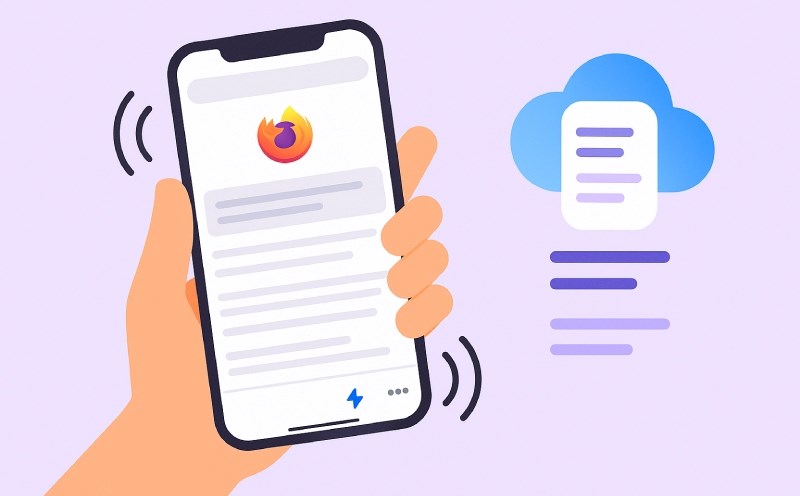On September 30, Opera officially introduced the Neon browser, a product focusing on artificial intelligence (AI), marking a new step in the trend of developing agentic browsers.
This is an orientation to turn a web browser from a passive tool into a proactive digital assistant, capable of performing tasks and creating applications from AI reminders.
Opera first announced the Neon project in May, which was still only a closed experiment.
To date, the company has begun to send invitations to selected users, with a usage fee of 19.99 USD/month.
We build Neon Opera for ourselves and for everyone who uses AI widely in their daily lives. Today, we welcome the first users to help shape the future of the agentic browser, said Krystian Kolondra, Executive Vice President of Processor at Opera.
Neon possesses many outstanding features. First is the built-in AI chatbot, allowing users to ask questions and get answers right in the browser.
The big difference lies in the Neon Do tool, which can complete tasks based on the web browsing context.
For example, users can ask Neon to summarize an article on Substack and then automatically post that summary on Slack.
With the ability to remember web browsing history, Neon can also extract information from YouTube videos watched last week or articles read yesterday.
The new browser also supports writing code and creating visual reports in the form of tables and charts, which is a useful feature for high-professional users.
However, Opera has not confirmed whether these small apps can be shared with the community.
Another highlight is the Card system (Tags), which helps users build repetitive reminders as an automated application.
Similar to the Skills mechanism (Skills) of the Dia browser of Browser Company, Neon Cards work as a collaboration tool.
Users can create new reminders by combining pull-details and comparison-table cards to automatically compare products across multiple tabs, similar to the IFTTT platform. The cards can be self-made or used from the community.
Neon also introduced the Tasks feature, a way to arrange tabs into separate workspaces, combining AI chats and traditional web browsers.
This organization is considered a hybrid between Chrome's tab group and the workspace on Arc Browser, but with an AI-powered context.
In the demo, Opera demonstrates the ability of Neon to order groceries on behalf of users.
However, technology experts note that AI demos often do not accurately reflect real-life experiences, so Neon will have to prove its value when widely deployed.
With the launch of Neon, Opera will help join the fierce competition with Comet, Dia of Perplexity and even technology giants like Google, Microsoft, which is also integrating many AI features into the browser.
The difference is that Neon positioning Opera is a high-end product with a paid subscription model, aimed at users who regularly exploit AI in work and life.











